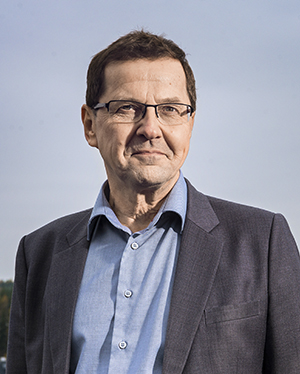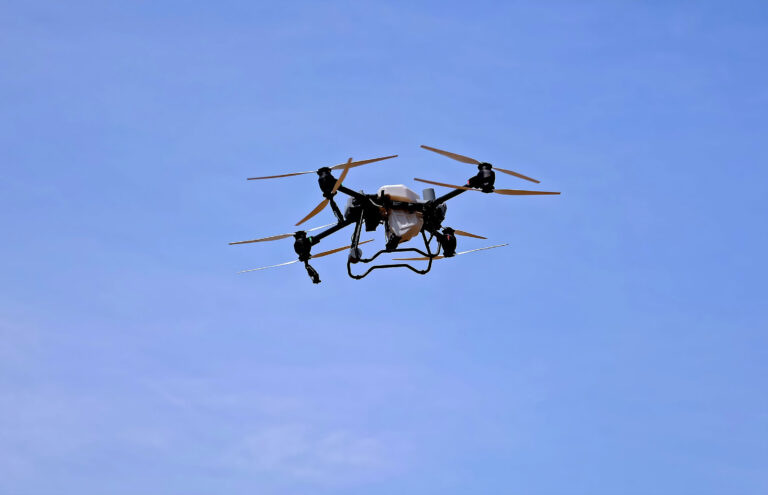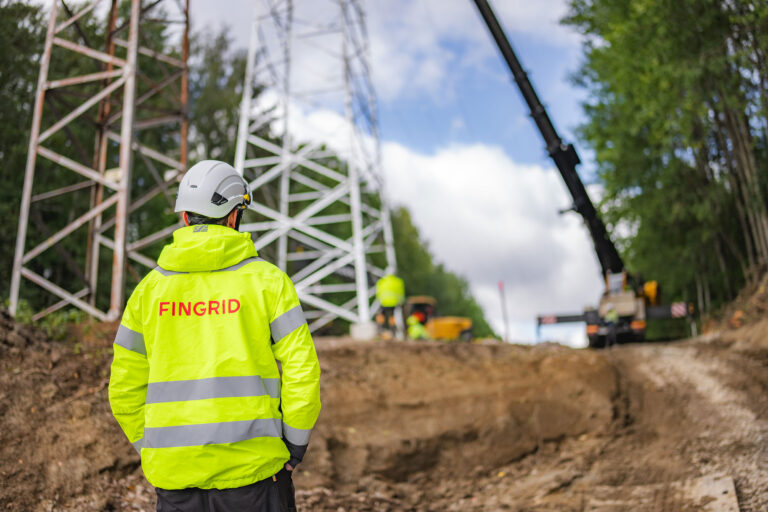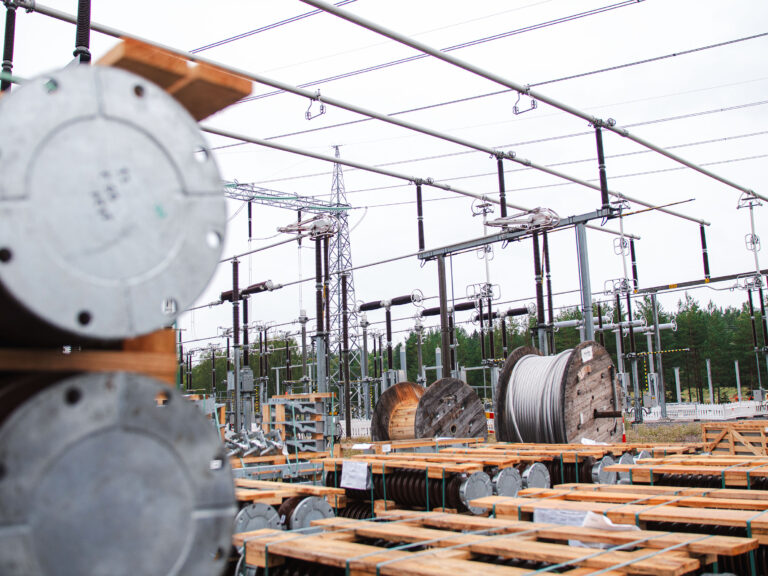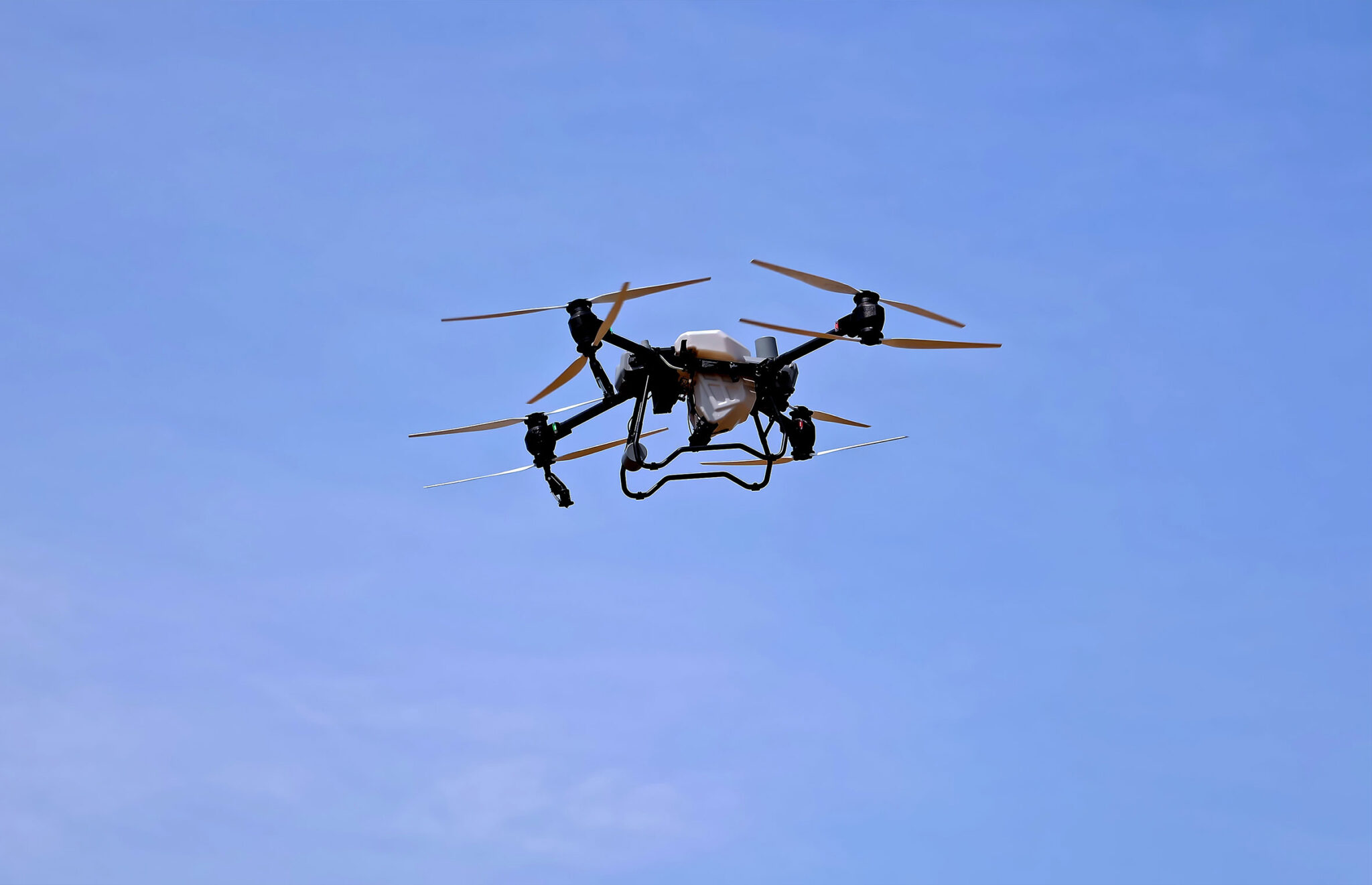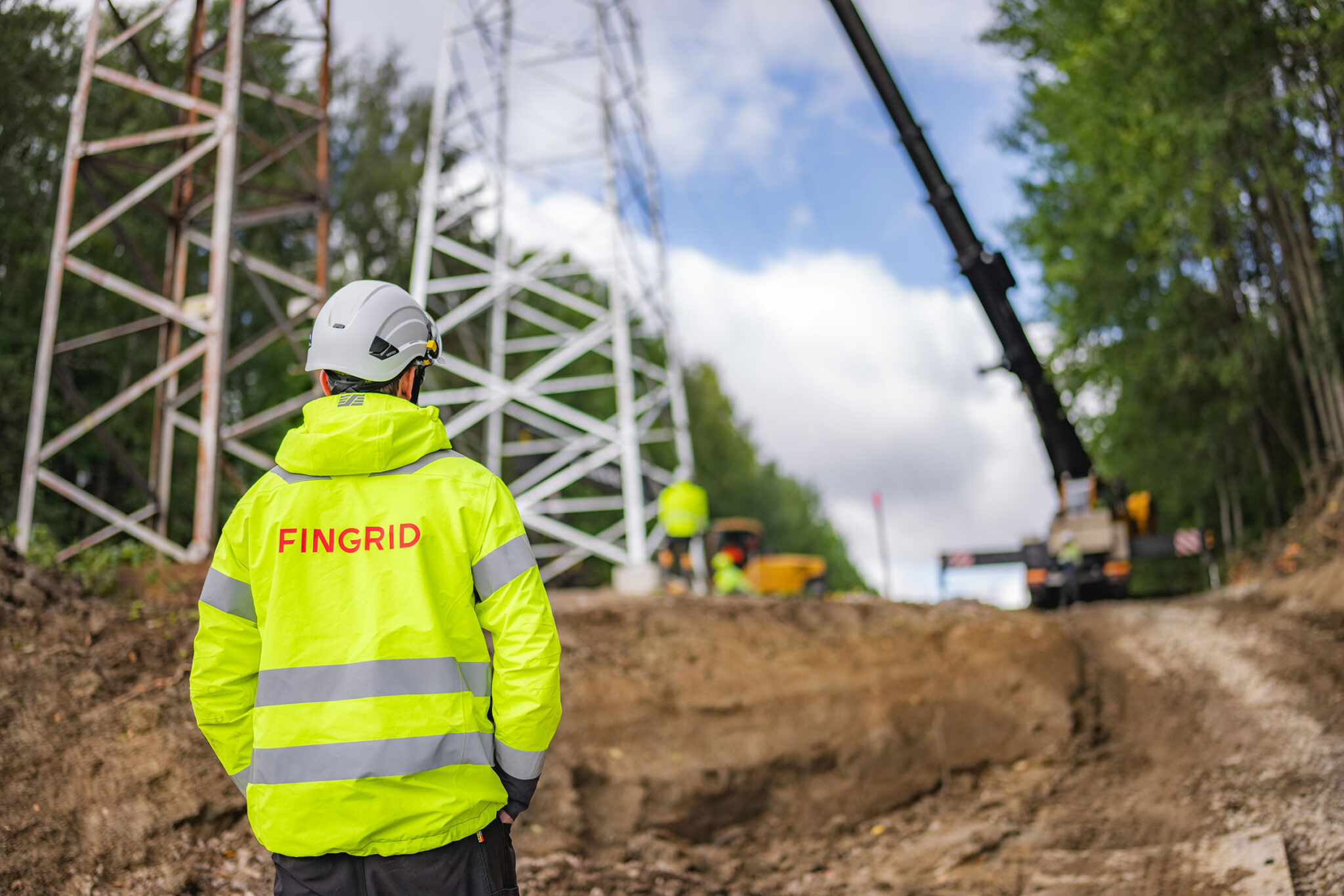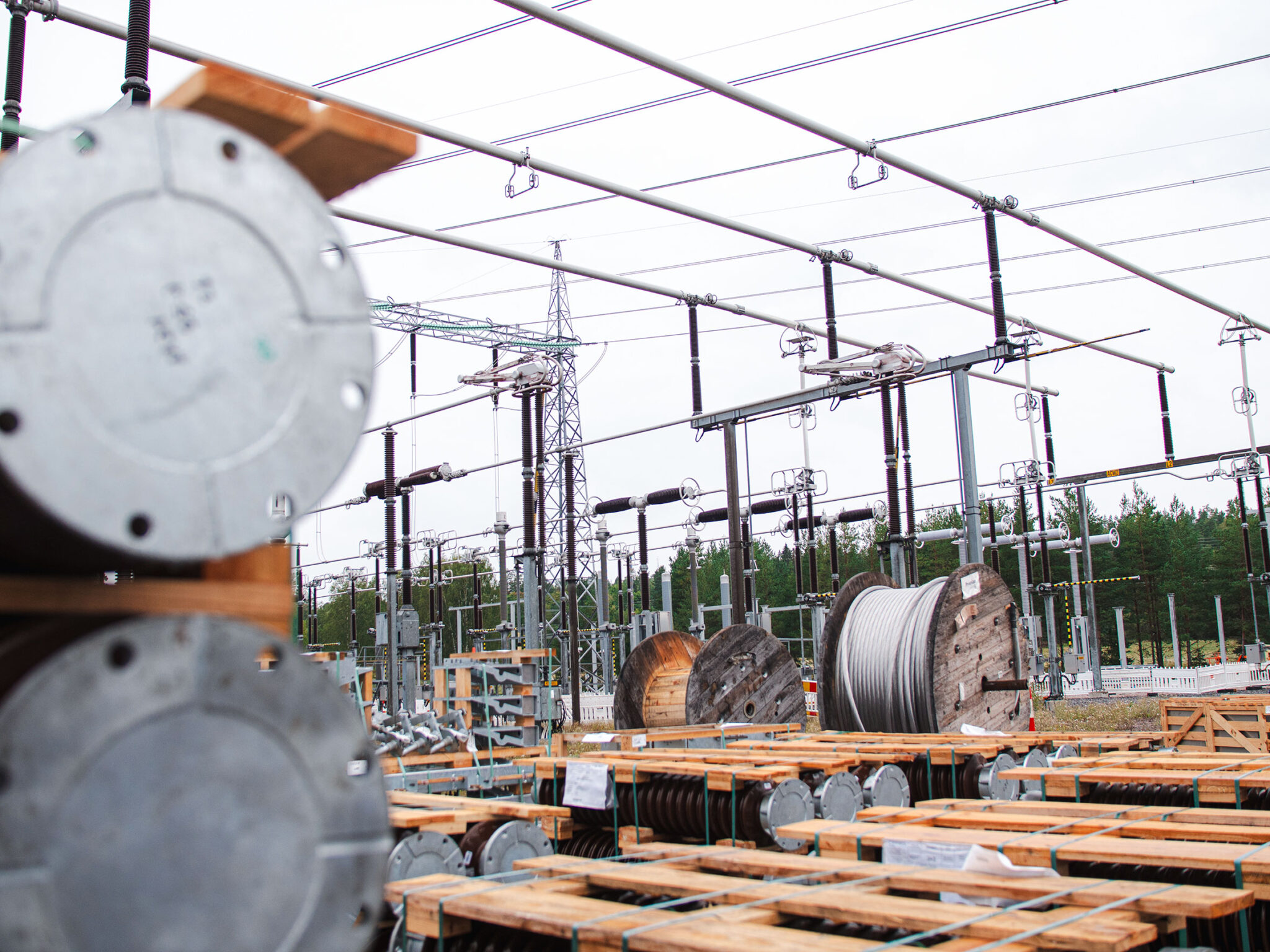
It is an old Finnish saying that the man of the house worries about the forest running out of trees while the lady of the house worries about the food running out. Nowadays, the number of potential threats has multiplied. Electricity has become essential for just about everything. Power cuts can rapidly paralyse society. The trains and metros stop running, mobile phones no longer work, the water supply cuts out, shops close their doors, service stations cannot supply fuel, and so on. Long localised power cuts occasionally occur in Finland, usually as the result of storms. However, the vast majority of society’s infrastructure has coped well with these power cuts. No power cuts have brought society to a standstill for long periods. And hopefully none will. Such power cuts do occur elsewhere in the world, and we obtain statistics on them. Last June, technical faults caused the lights to go out in Argentina for one day, leaving 50 million consumers without electricity. In early August, the British power system was saved by the automatic load shedding of more than 1 million consumers as a consequence of power plant failures.
Fingrid’s contingency planning for grid disturbances is based on risk management and continuity management. Systematic risk management enables us to identify weaknesses and make the necessary improvements. Continuity management is based on envisaging the realisation of a severe threat and then planning how to overcome it. The action to take in the event of the selected threats coming to fruition is documented in the form of instructions, but this work is, above all, about practice. Only by running through various situations can we identify problems and make preparations for them. Armies have been doing this for centuries.
Fingrid constantly strives to reduce the risk of large-scale power cuts and improve its ability to restore power as quickly as possible. Important development projects related to this include diversifying the range of methods available to restore the system following major disturbances and the ability to operate and communicate without electricity for 24 hours. We have entered into extensive cooperation with our customers as these projects progress. Communication during a long-lasting power cut is a particularly challenging problem. Enabling the energy industry to use the reliable communication and real-time status systems belonging to the authorities is a cost-efficient solution.
The Power and District Heat Pool is a voluntary collaboration forum where energy companies and the authorities can promote preparedness. The pool arranges training events, exercises and similar activities. Fingrid is responsible for the pool office in accordance with an agreement made with the National Emergency Supply Agency. At present, the pool is arranging a series of regional exercises designed to test the capacity of municipalities, energy companies and other operators to cope with a fictional two-week local power cut. The participants have been active and given good feedback. Many of them said that preparing for the events was highly beneficial, as they were required to think things through and make improvements.
What should we be prepared for? In addition to conventional technical faults and storms, cyber risks have increasingly come to the fore. Power system operation is entirely dependent on information systems and telecommunications. A serious intrusion in the operation control systems could lead to significant harm. It is important for IT professionals to stay one step ahead of hackers.
“The thinker of Havukka-aho”, a novel by Veikko Huovinen, defines preparedness as follows: “Preparedness is foresight. It means thinking about things in advance and imagining things so vividly that if they ever occur, you know what to do. However, there are two big problems with this. The thing may never come to fruition, or it may occur in a different way. Whoever is capable of taking these factors into consideration shall have the world at his feet.” There is not much to add to this.
Reima Päivinen
Senior Vice President, Power System Operations, Fingrid

